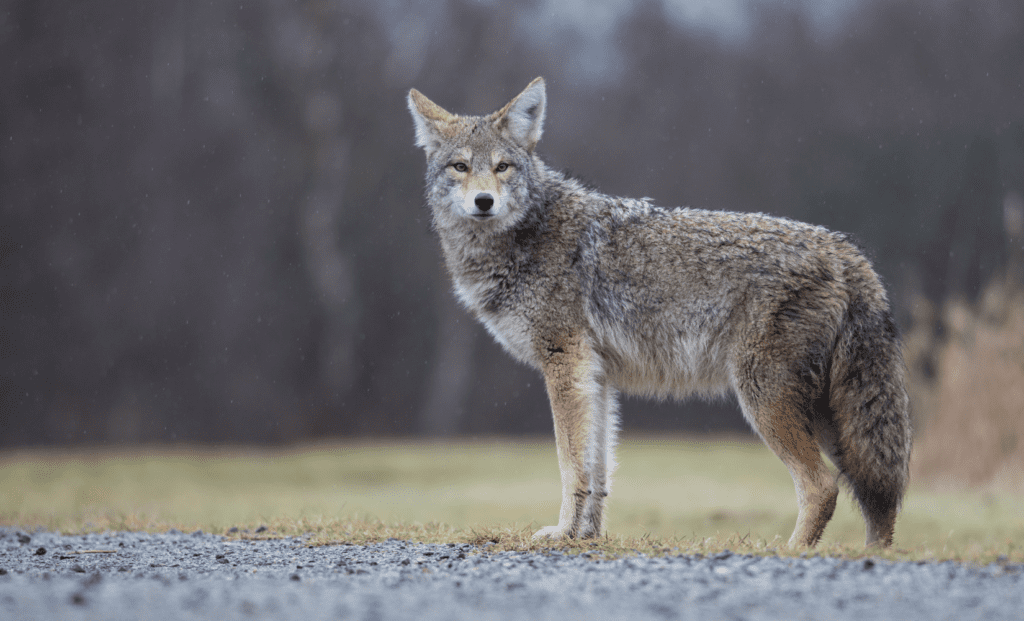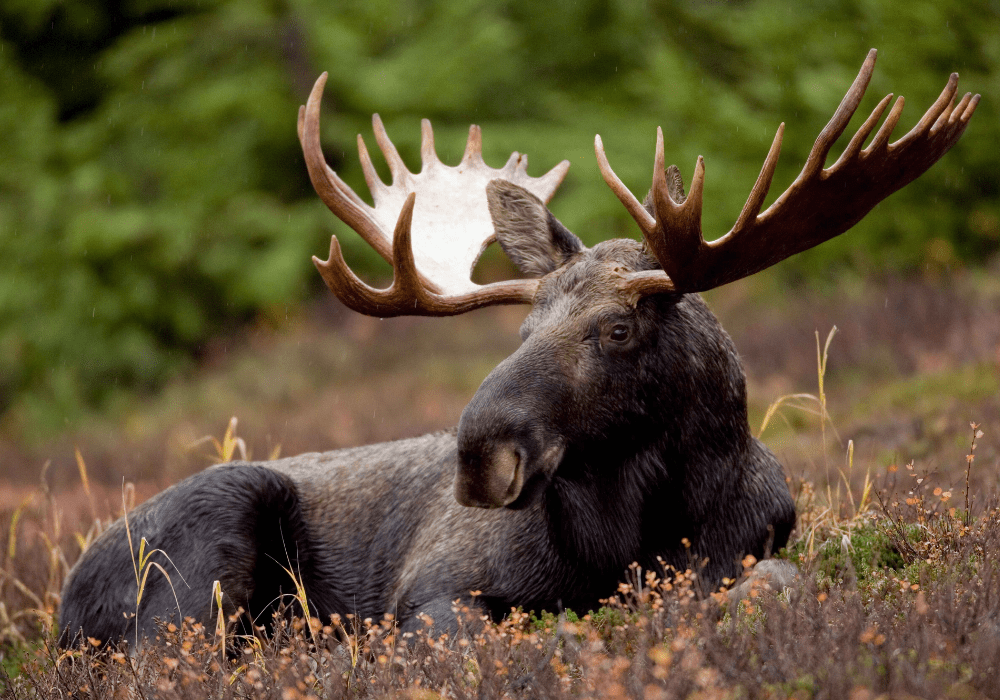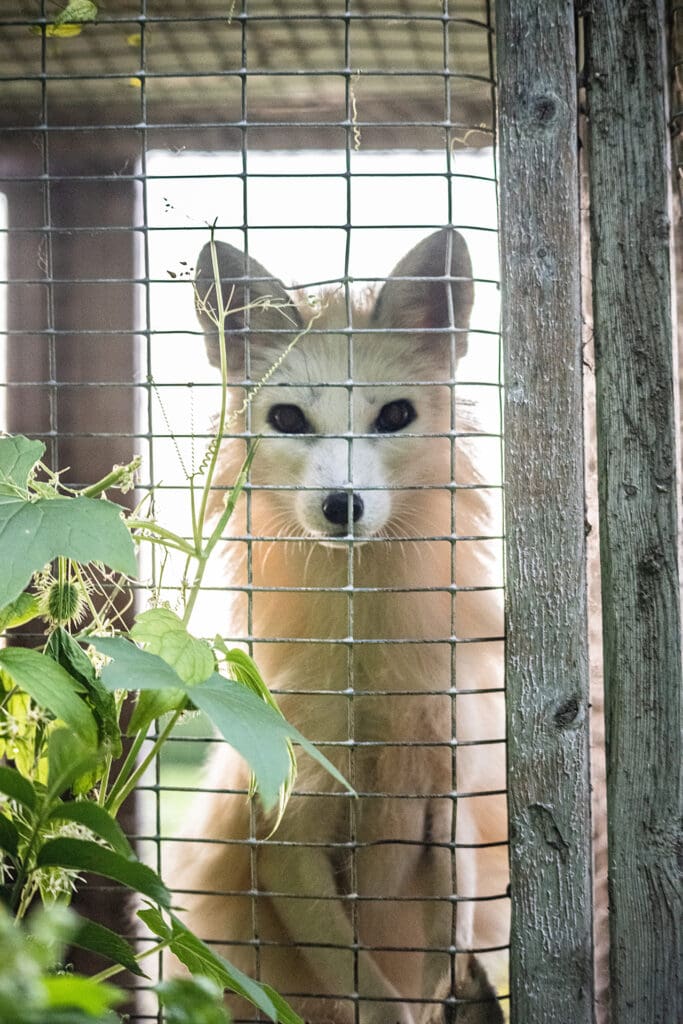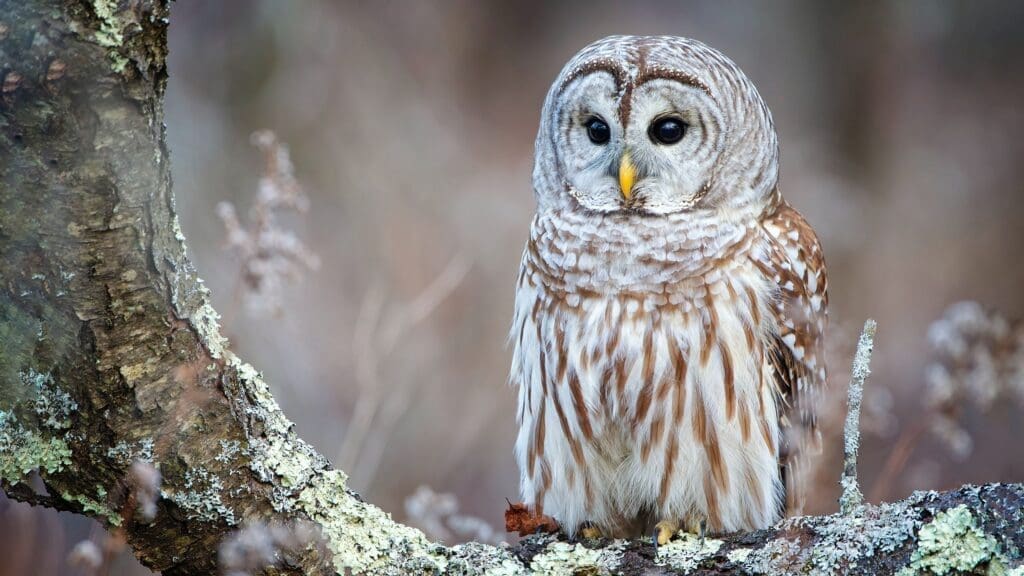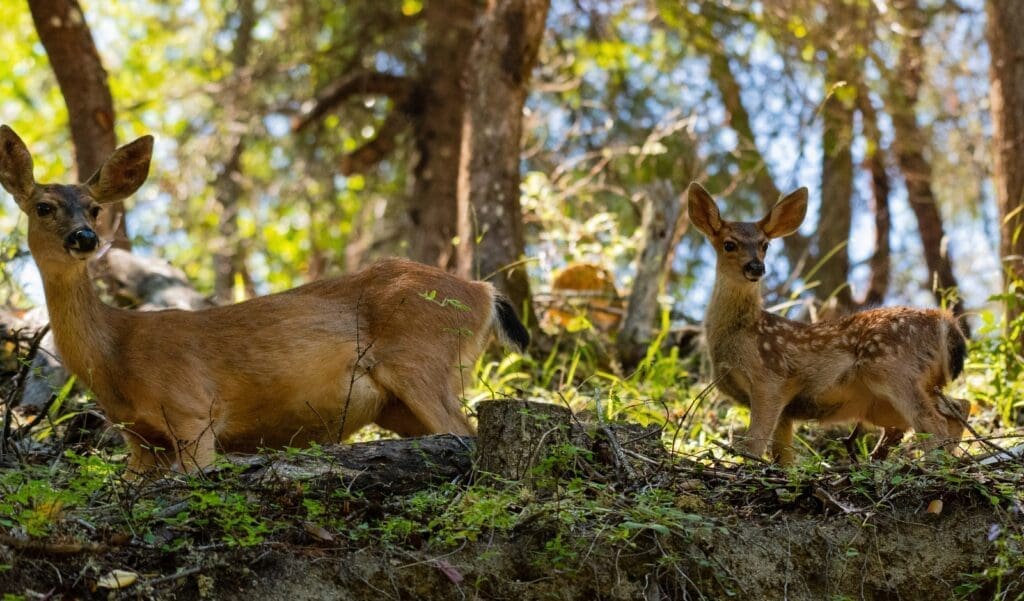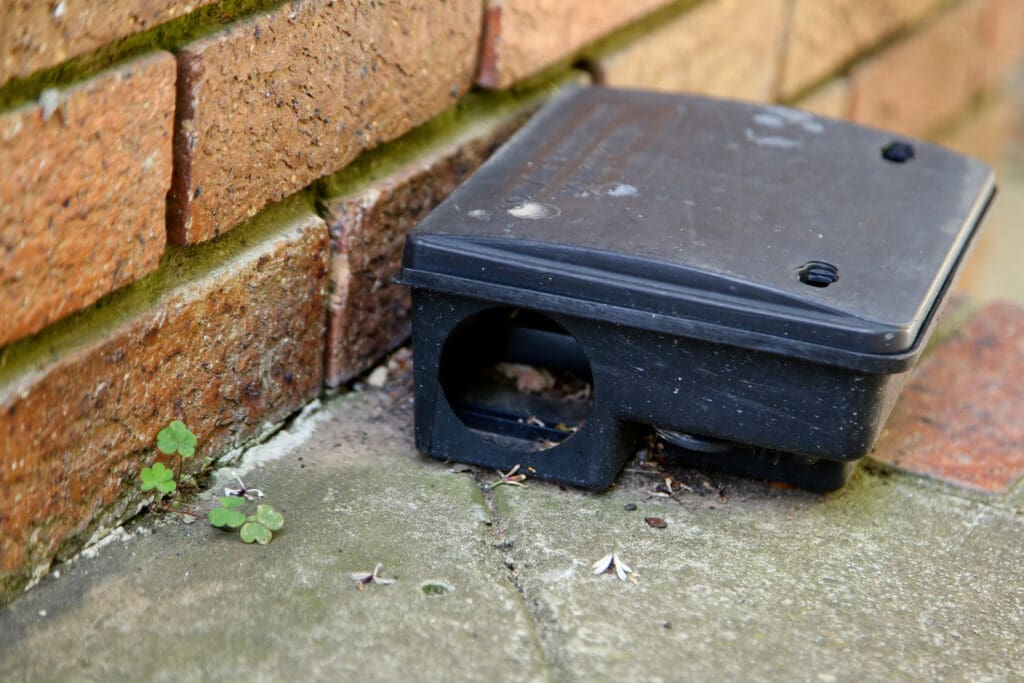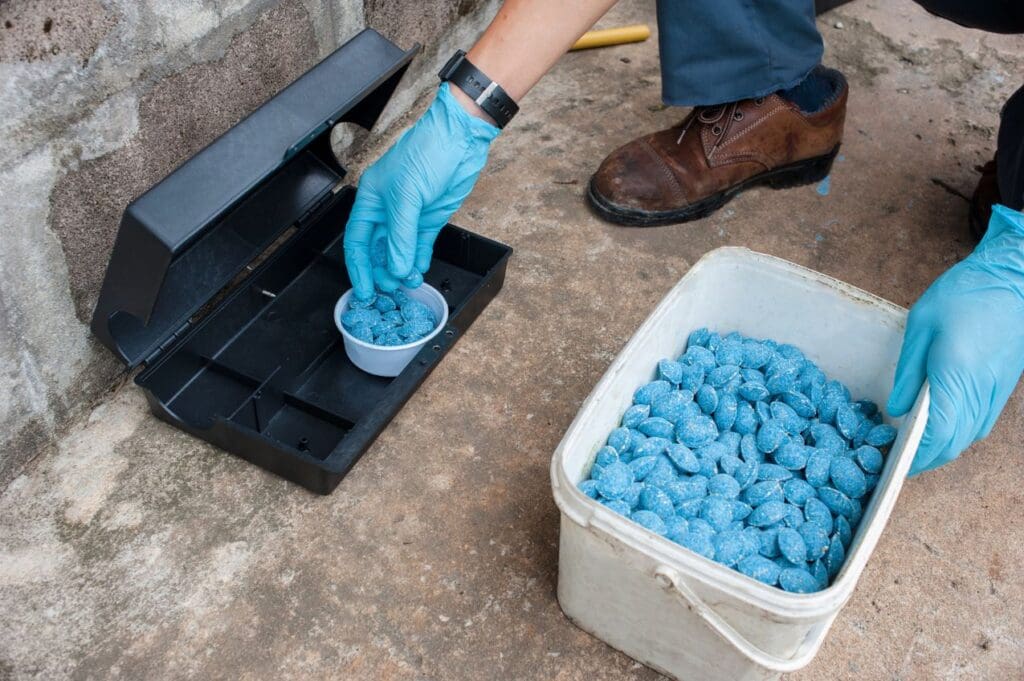Human-wildlife conflict can be deadly for animals.
Historically, human “management” of wildlife has involved culling (killing) animals that have been deemed to be in conflict with human activities (such as agriculture) or causing a threat to another wild population’s viability, such as with wolves and caribou. Culling is unnecessary. Alternative methods to avoid animal/human conflict and to prevent significant danger to humans and/or other animals include:
- Humane deterrents (e.g. motion-sensitive sprinklers)
- Non-contact hazing (e.g. shouting, making noise/scents to ensure an animal leaves an area)
- Anti-feeding bylaws
- Road signage
- Contraception and translocation carried out by trained professionals with appropriate authority
Wildlife also face significant welfare consequences as a result of the wildlife trade. Live animals and the bodies of deceased animals are traded internationally. The risk of disease transfer between species, including from animals to humans, is high. Additionally, being kept in cages and transport for long hours leads to significant levels of animal distress.
Quick actions for wildlife
Take action to help protect wild animals! These quick actions take less than 2 minutes to advocate for meaningful change..
No post found!
Latest updates
Stay informed on the latest issues affecting animals in captivity. Explore recent updates, actions, blog posts, and media to learn how you can help advocate for their protection.
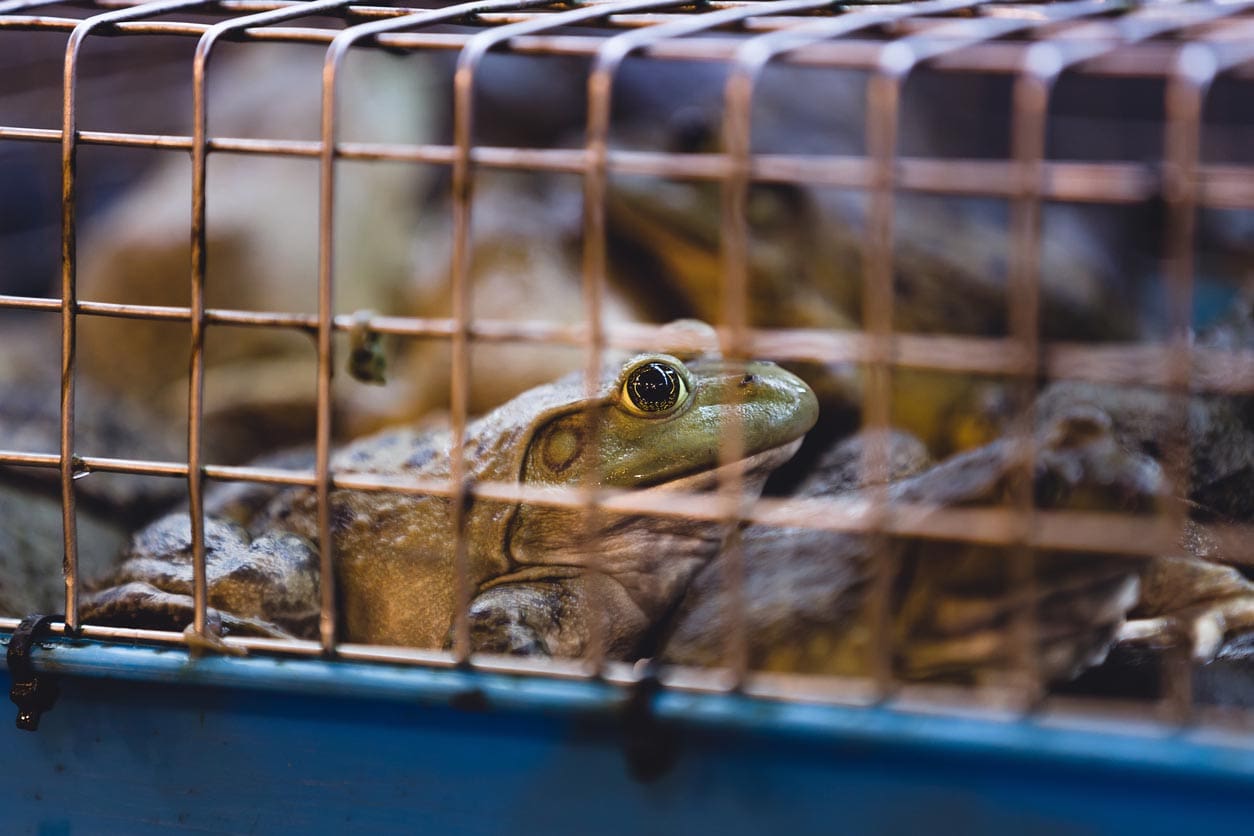
DONATE TO HELP WILDLIFE!
In the media
Follow key moments in the work to protect wild animals who share our planet with us. This timeline highlights major news, developments, and advocacy efforts shaping the conversation on animal welfare.
Past actions for wildlife
Explore past actions for wild animals and the impact they’ve made.
End fur farming in Canada (Federal e-petition)
UpdateThis petition is now closed. Thank you to the 7,058 people who spoke out against…
B.C. government asking for feedback on rodent poisons
The B.C. government is seeking public feedback on proposed changes to the province’s rodenticide regulations….
Have your say on proposed hunting & trapping regulations in B.C.
The B.C. government is seeking public feedback on a long list of suggested changes to…
Take action: Identify & report the use of banned rodenticides
Effective July 2021, the B.C. government enacted a temporary, partial ban on second-generation anticoagulant rodenticides (SGARs). These…
Support a full ban on rodenticides in B.C.
Update4,759 individuals signed onto the VHS’s letter to the Ministry of Environment. Thanks to the…



